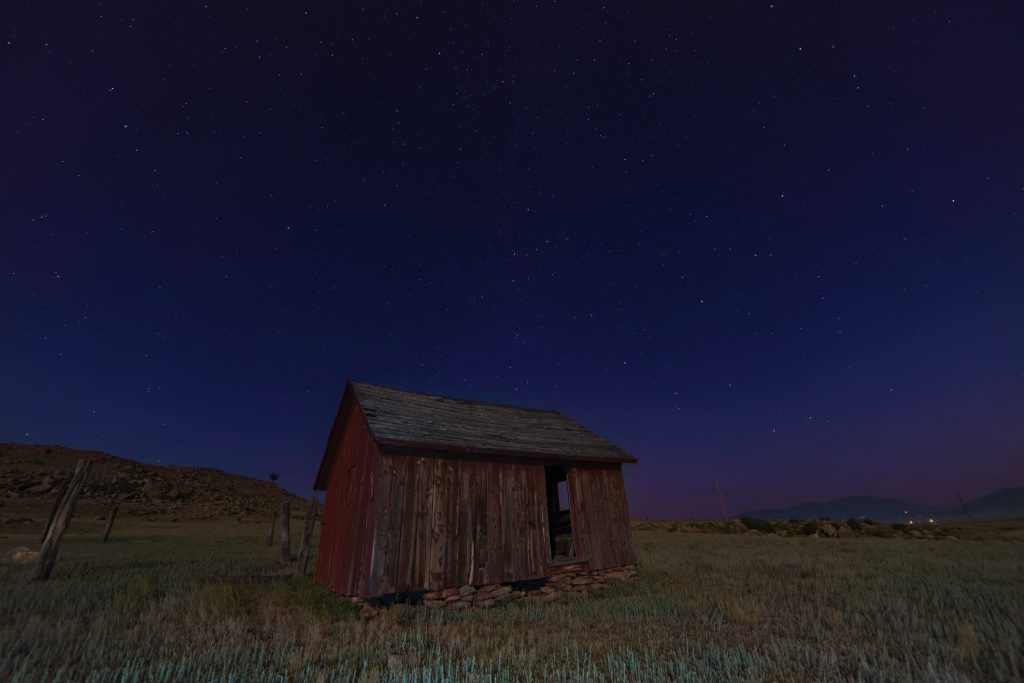More than 1.7 billion people around the world live off-grid. It’s a dream for many people to be self-sufficient and not reliant on state-fun utilities for electricity and water and instead generate their own. They make their own clothes, medicines and toiletries while also feeding their family from the food they have grown themselves in the garden or from the animals they’ve reared themselves. For many students who are priced out of buying or renting, there are many economic as well as environmental advantages to an off-grid lifestyle. It’s a way of life that’s growing rapidly in India and around the world, but how easy is it to juggle studies and off-grid living?

Photo by thomas shellberg on Unsplash
Land, Shelter And Power
To start living off-grid and self-sufficiently, you need to find your own land and shelter. While you will need to think about finding somewhere within a reasonable distance from your university or college, it’s a good idea to buy a section of land where you can build your own self-sufficient eco-home. As a student, you may not have the financial resources to do this. But there are likely to be other students interested in living-off grid, so see if there’s anyone who you could partner with or potentially, come to an agreement with a landowner. Some people have created simple homes by converting log cabins or discarded trailers.
India’s first Earthship home is located in Kodaikanal and used 800 tyres and a lot of mud to build. Cans and bottles were used to make non-load bearing walls, while the concrete roof is covered with metal sheets to catch rainwater. Whatever type of shelter you choose, you need to make sure there is adequate space for you to sleep, cook, eat, wash and study comfortably. For your cooking, lights and even charging your laptop, you will need to create a power source for your off-grid home. Some people choose to only rely on natural resources such as dried animal manure or wood. However, investing in solar panels, biodiesel generators, hi-tech batteries and wind turbines is very effective but may largely depend on your location.
Food And Water Sources
While it’s recommended that we drink between 12 and 15 glasses of water a day, there is a strong link between water and cognitive performance. A study by the UK’s University of Westminster and The University of East London has found that drinking just 300ml of water can boost attention by as much as 25%. For students juggling studying and exams with off-grid living, it becomes even more essential that you have a good source of clean, drinkable water. Be sure that you have access to a natural water source or find a site where you can get clean water from. By installing water tanks, you can catch rainfall or hand dig a well. Either way, it’s important that you boil or treat the water before using it. Becoming self-sufficient is also about growing your own food. Start by growing vegetables, fruit and then invest in some chickens and even a cow to help ensure you have a good food supply. You will also need to think about how you will deal with waste disposal.
Creating An Off-Grid Community
It’s not necessarily going to always be easy to juggle your studies and building your new off-grid lifestyle. So that you have good support, try to link up with other like-minded people who are also following the off-grid way of life. By creating a small off-grid community, you can all share resources and support each other through this life-changing experience. This is what’s happened in Sakeleshpur, home to a growing off-grid living community. The families have created a basic infrastructure, with buildings made from mud blocks, shipping containers and earthbags. With chickens and a good-sized vegetable garden along with foraging for wild food. The community make their own cleaning products, toiletries and even medicines.
For any students wishing to live off-grid will no doubt face a number of challenges, but the rewards of this alternative way of living are attracting increasing numbers of people around the world. With more off-grid communities popping up in India, could this the be future of sustainable student living?